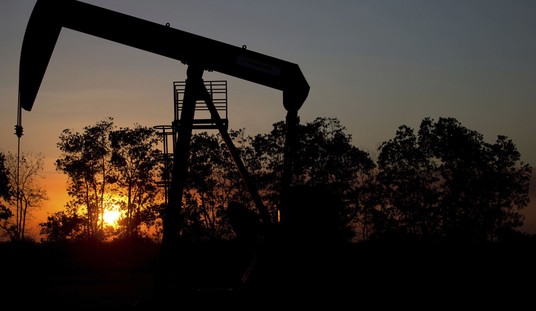
Risk. A simple four-letter word that means different things to different people — as well as different things at different times. Particularly in today’s politically-charged world of the Wuhan virus.
In the middle of what seems like the 4,857th month of living with the virus, its consequences, and its future impact, news continues to abound — good news, bad news, better news, worse news, confusing news, contradictory news, and ridiculous “news.”
Toss in continuing quarantines, closed stores, closed restaurants, closed everything — all due to perceived risk — and confusion and frustration reigns.
Moreover, a growing sense of anger among a growing number of Americans continues to build. “I’m mad as hell, and I’m not going to take it, anymore!” (random old movie reference) echoes louder and louder across the fruited plain, as Democrat lawmakers and their “mainstream” media comrades-in-arms hyperbolically warn us of the risk of untold horrors if we reopen the country too soon.
As the debate rages, the wiser among us argue that the risks associated with not reopening soon enough — waiting too long — might very well have far more dire consequences than reopening “too soon,’ for not only the economy, but for the health of our citizens, as well.
Here’s the thing: Risk is inherent. Every day. Always has been, always will be. Here’s the other thing. We deal with it.
From the time we get up in the morning, until the time we go to bed at night, we’re susceptible to various risks. Whether we’re driving or riding in a car, going for a walk, riding a bike, walking into a bank, or simply sitting on the couch, eating an entire bag of nachos, and staring at the TV, there are potential risks associated with everything we do.
So what are we to do? Lock ourselves in our closets, and hide from the big bad risk monster? That’s risky, too. Race out into the world, with reckless abandon, and declare “Screw the risk! Nothing ever happens to me!”? Hardly.
So, what, then? This: we deal with everyday risk by managing it. And we can do that with the virus, as well.
Insurance companies are a perfect example. After all, they’re in the risk-management business. They insure against risk. And how do they do so — without losing money, and ultimately going out of business?
By managing risk.
Principally, insurance companies create “like risk pools,” and manage those pools — each of which has a different degree of risk. Customers in different risk pools pay different insurance premiums, based on the risks associated with their respective pools. Responsible risk management by the insurance company, that is.
We can do that with the Wuhan virus, as well.
Seems to me, then, that if I’m riding my bike on a sparsely-populated trail, with very few people around me, I have little need for a mask. As a result, I instead choose to breathe in the fresh air as it rushes past me. I’m also pretty sure it’s good for me to do so.
Conversely, if I’m walking into a crowded grocery store with a bunch of people I know nothing about, I’m going to take a few precautions — for them, as well. I’ll wear a mask, keep my distance when possible, use a sanitizing wipe or two, avoid touching my face, and wash my hands when I get home.
I could go on, but you get the picture.
The bigger picture is: the federal government, states, cities, and our neighborhoods can responsibly and intelligently manage the ongoing risk of the virus, as well. It’s way past time to set aside predisposed political biases, and do just that.
Again, risk is all around us. Always has been, always will be. If we as a country manage virus risk, as we manage other risks — hopefully, smartly and responsibly — something tells me we’ll be just fine.















Join the conversation as a VIP Member